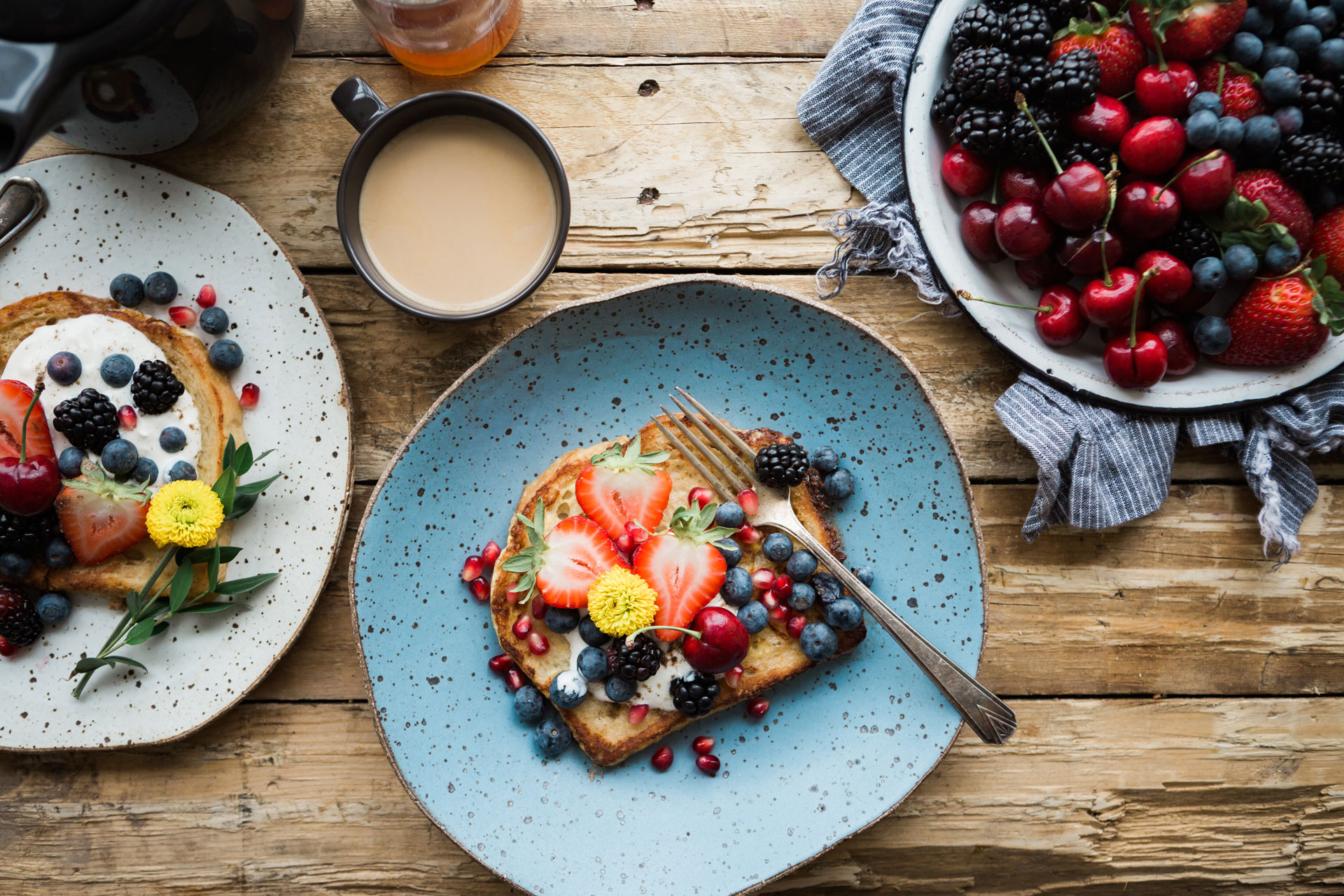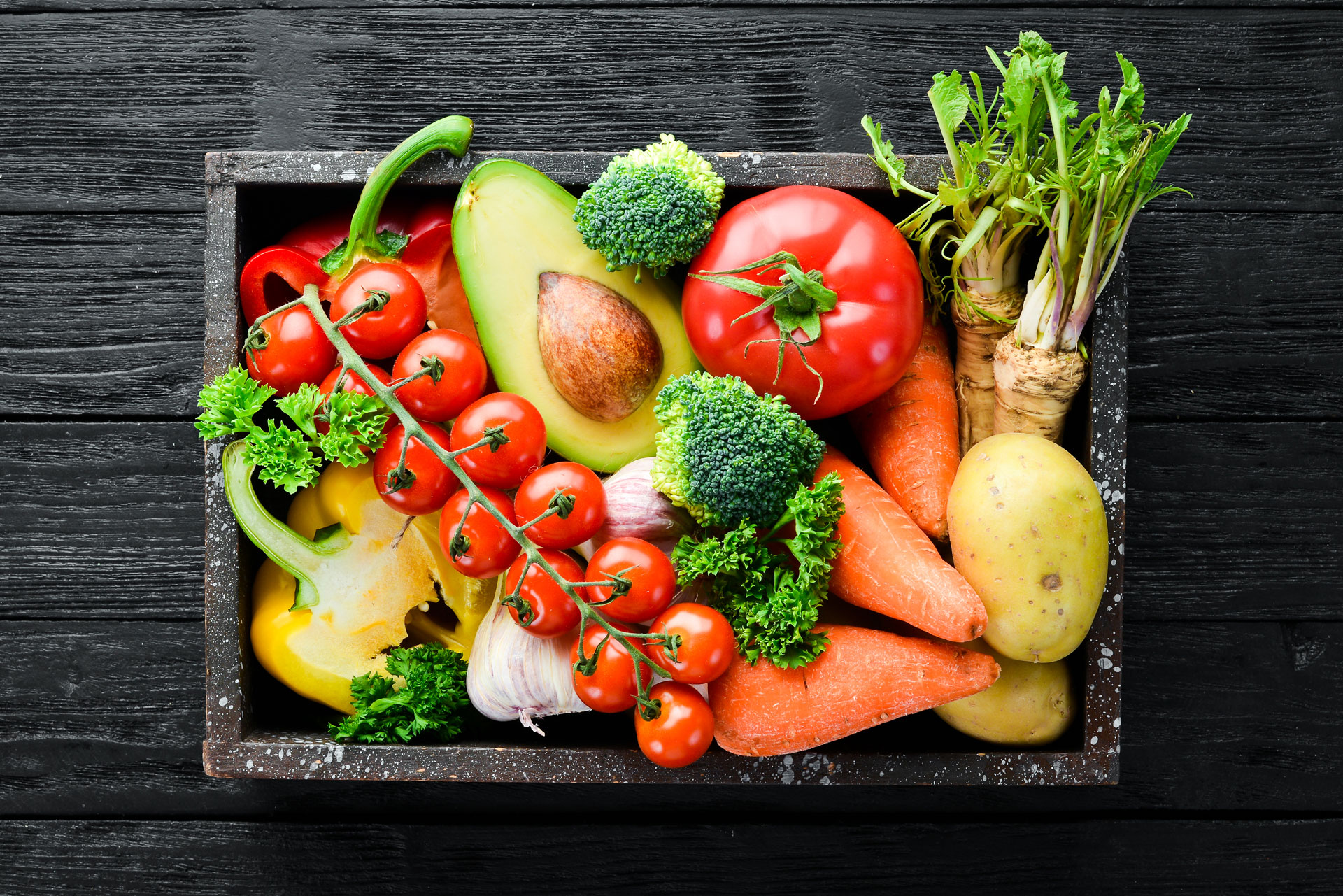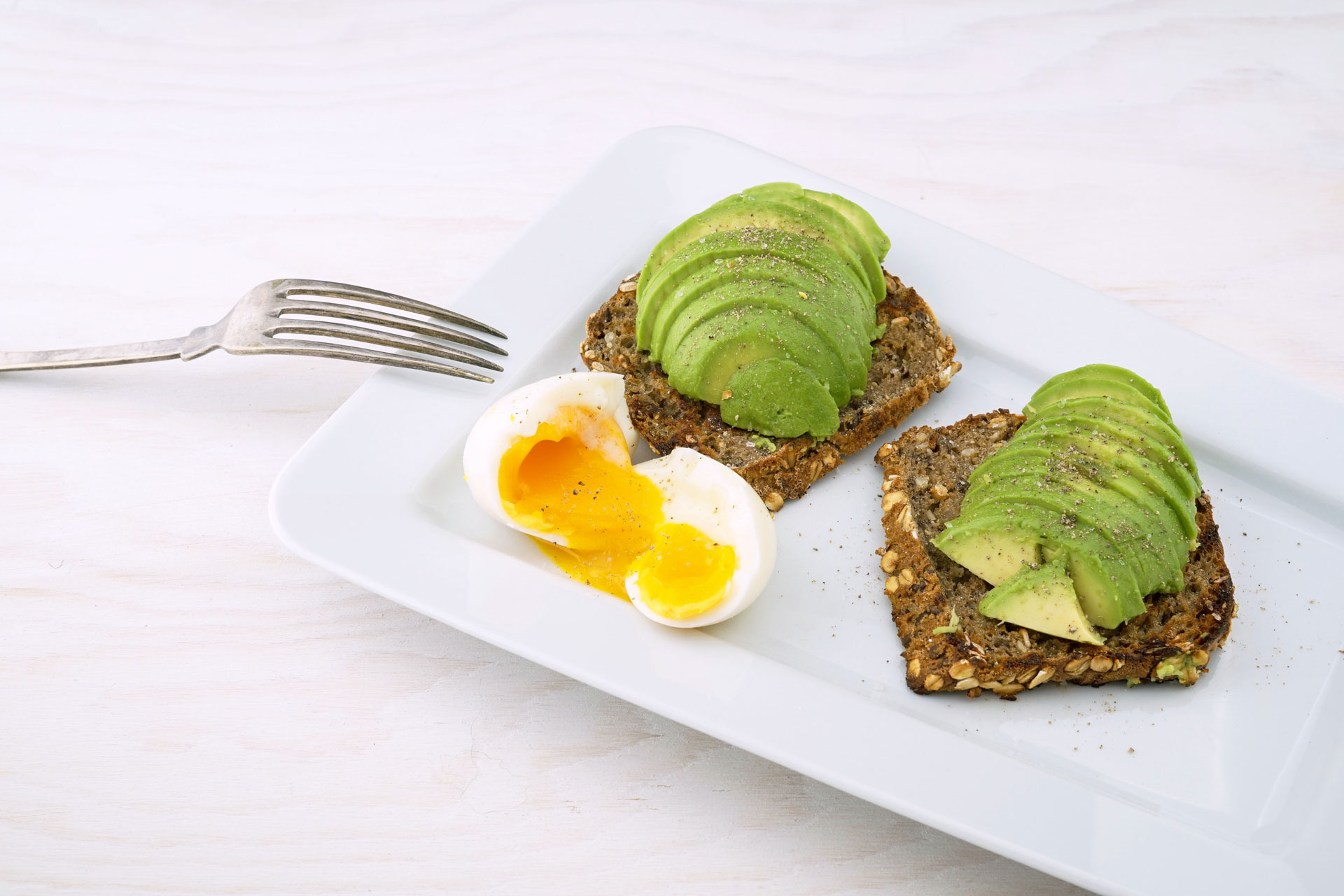The Most Common Nutrition Myths Debunked
By
3 years ago
A nutritionist sets the record straight

Misinformation is rife in the world of nutrition. Whether it’s the tabloids’ tendency to spin scientific findings or influencers’ claims they’ve discovered cure-alls (ahem, celery juice), it can be almost impossible to know what to believe. Here to separate fact from fiction is Nutritional Therapist Lara Isaac – read on for the most common nutrition myths, debunked.
The Most Common Nutrition Myths Debunked
Fat makes you fat
While calories do count (creating a calorie deficit by burning more energy than you take in will lead to weight loss), there are myriad factors that influence metabolism. When we consume a balance of macronutrients including good fats from foods like avocados, olive oil, oily fish, nuts and seeds, we prevent excess production of insulin – often referred to as the ‘fat storage hormone’ and feel fuller for longer. An avocado might have the same amount of calories as a chocolate bar but the avocado boasts beneficial fats for your blood sugar, fibre for satiety and nutrients for your gut microbiome – all of which positively impact weight. The nutrition myth that fat makes you fat comes, in part, from the fact that dietary fat contains nine calories per gram, whereas carbohydrates and protein only contain four per gram, but focusing on calories alone is neither beneficial for weight nor overall health.

Fruit is too high in sugar to be good for you
One of the most common nutrition myths: a lot of people avoid eating fruit due to concerns about its high sugar content. Although it does contain sugar, when we eat fruit in its whole form the sugar is naturally bound within the cellular structure of the plant, meaning it takes longer to digest and doesn’t hit our blood stream in the same way as sweets or sugary drinks. The fibre and nutrients such as vitamin C, potassium, vitamin E and beta-carotene found in fruit play a vital role in preventing disease and we should aim to consume around three portions a day for optimal cellular protection. Eating fruit in its whole form (or in a homemade smoothie alongside a source of protein and fat) is best, as juiced fruit is digested more quickly and will spike our blood sugar levels more significantly, which is what we want to avoid.

Breakfast is the most important meal of the day
Breakfast is a great opportunity to provide your body with nutrients that will set you up for the day, but the timing matters less than people think. What you eat is much more important than when you eat it – and going for something protein-rich is key. Breaking your fast with a source of protein supports your body’s ability to regulate its glucose levels for the rest of the day, preventing energy dips and cravings. Greek yoghurt, eggs, tofu, nuts, hemp/chia seeds are good protein-rich options and are preferable to consuming carbohydrate-heavy choices (toast, porridge, muesli etc.) alone. If you can’t give up your morning toast or oats, add some form of protein on the side (a couple of boiled eggs with your sourdough or some nut butter/yoghurt on your porridge) and you’ll keep the hanger away. It doesn’t matter if your first meal is minutes after waking or not until after midday. Having a 12-hour overnight fast suits most people, but we’re all genetically unique and need to find the eating pattern that works for us.
Fresh fruit and vegetables are better than frozen
We think of fresh food as being the most nourishing but in some cases, frozen food contains more vitamins and minerals than fresh. The produce is often picked and frozen straight away, and this prevents the nutrient loss that fresh versions can undergo while being stored and transported to the shop. Frozen produce is also more affordable, convenient and can significantly help reduce food waste. Keep things like frozen berries, bananas or mango in the freezer to throw into smoothies/overnight oats and leafy greens like spinach or kale to quickly top up the nutritional value of soups or stews.
‘Free-from’ options are healthier
Cafes and food brands love to splash ‘gluten-free’, ‘dairy-free’ and ‘vegan’ labels over their products, but it’s important to remember that these aren’t necessarily better for us. Unless you have coeliac disease, there’s generally no need to avoid gluten; shop bought gluten-free options are often higher in emulsifiers which may damage the gut microbiome, so choosing these options for no reason can do more harm than good. Dairy-free and vegan products can similarly be very processed; plant milks are often high in ingredients like rapeseed oil and meat-free alternatives can contain hefty amounts of sodium and sugar, all of which can contribute to inflammation and ultimately drive disease within the body. This isn’t to say that there aren’t instances (be they health or ethics-related) for choosing free-from options, but keep an eye on the ingredients – and choose the whole food rather than processed version, whenever you can.
In general, when reading health claims or nutrition advice, check the credibility of the source (specifically, whether the author is a qualified health practitioner). And trust your inner sceptic – there’s no quick fix or one-size-fits-all and if it sounds too good to be true, it probably is.
Lara is currently taking new private clients on for Nutritional Therapy appointments. If you’d like a complimentary 30-minute discovery call to discuss how a personalised Nutrition & Lifestyle Plan might benefit you, get in touch with her here.
MORE NUTRITION:
How To Combat the Winter Blues with Nutrition






